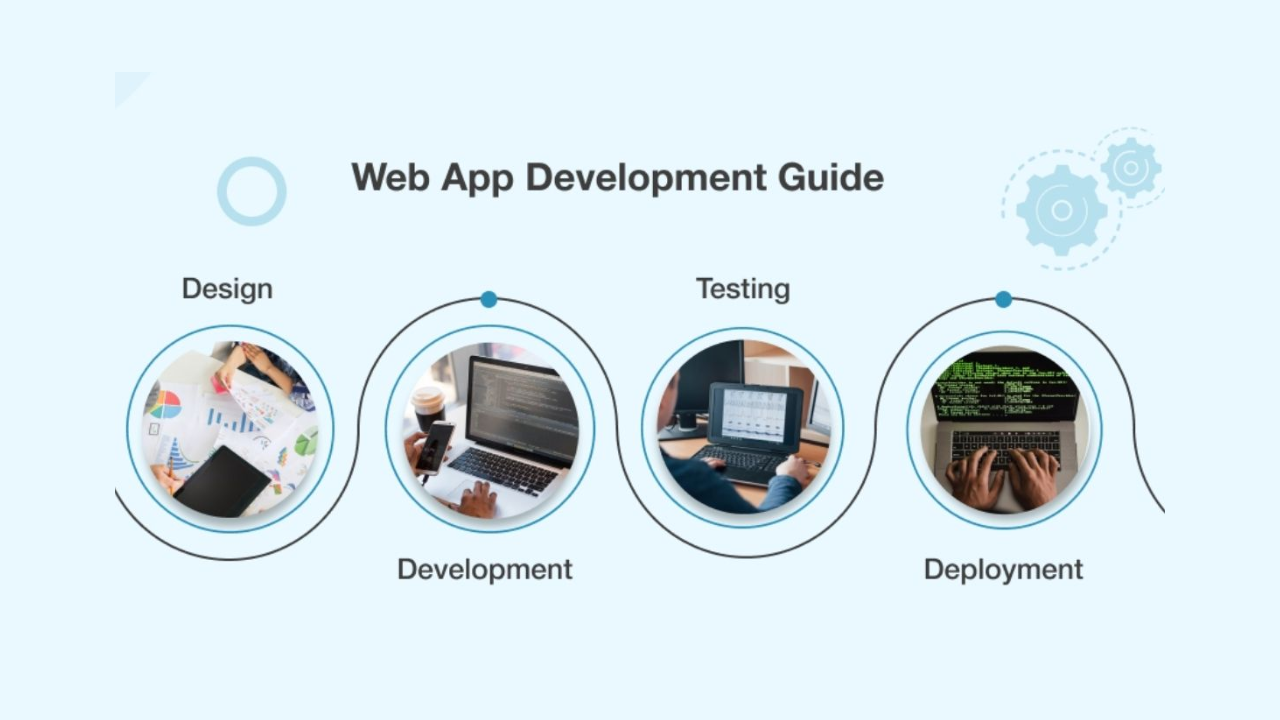Big Data marketing is a comprehensive approach to utilizing large and complex data sets to make data-driven marketing decisions, optimize marketing strategies, and improve customer experiences. Here’s a complete guide to understanding and implementing Big Data marketing:
1. What is Big Data in Marketing?
- Big Data in marketing refers to the collection, storage, and analysis of vast volumes of data from various sources to gain insights into consumer behavior, preferences, and market trends.
2. Data Sources in Marketing:
- Online and offline customer interactions
- Social media platforms
- E-commerce websites
- Mobile apps
- CRM systems
- IoT devices
- Market research
- Third-party data providers
3. Benefits of Big Data Marketing:
- Improved customer segmentation
- Personalized marketing campaigns
- Enhanced customer experiences
- Better targeting and retargeting
- Real-time analytics
- Predictive analytics
- Cost-effective marketing strategies
4. Challenges of Big Data Marketing:
- Data security and privacy
- Data integration
- Data quality and accuracy
- High processing and storage costs
- Skill gaps in data analytics
- Compliance with regulations (e.g., GDPR)
5. Big Data Technologies:
- Data warehousing
- Hadoop and Spark
- NoSQL databases
- Data analytics tools (e.g., Tableau, Power BI)
- Machine learning and AI
6. Steps to Implement Big Data Marketing:
- Data collection and integration
- Data cleansing and preparation
- Data analysis and modeling
- Insights generation
- Actionable strategy development
- Implementation and testing
- Continuous optimization
7. Use Cases for Big Data Marketing:
- Customer profiling and segmentation
- Predictive analytics for customer behavior
- Dynamic pricing strategies
- Social media sentiment analysis
- Real-time personalization
- Clickstream analysis for website optimization
- Customer journey mapping
8. Data Privacy and Compliance:
- Adhere to data protection regulations (e.g., GDPR, CCPA)
- Secure customer data
- Implement data anonymization techniques
- Obtain informed consent for data collection
9. Future Trends in Big Data Marketing:
- Enhanced use of AI and machine learning
- Greater emphasis on data ethics
- Predictive and prescriptive analytics
- Advanced customer journey mapping
- Real-time decision-making
10. Best Practices for Big Data Marketing:
- Invest in data security
- Focus on data quality and accuracy
- Develop a data-driven culture within the organization
- Regularly update technology and tools
- Collaborate with data scientists and analysts
Big Data marketing is continually evolving, and organizations that effectively harness the power of data can gain a competitive edge in understanding their customers and creating more effective marketing campaigns. However, it’s crucial to prioritize data privacy and compliance to maintain consumer trust and adhere to legal regulations.










